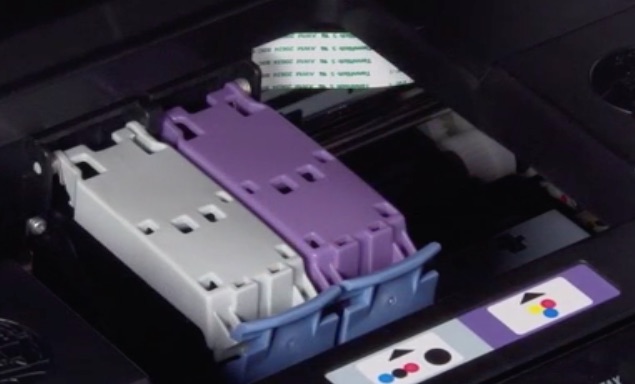Because Impression Products has been refilling and reselling Lexmark International’s toner cartridges, the two firms were at the Supreme Court during March.
The case though was about much more than a cartridge.
The Conflict
Lexmark believes that when you buy one of their cartridges, separately or in your printer, you are not allowed to reuse it. The reason? Patent protection.
Impression responds that once the cartridge has been sold, the patent is “exhausted.” Consequently, it’s okay to refill and resell it.
Seemingly about a patent and intellectual property, the case has huge economic significance. When Lexmark sells its cartridges in developing countries, they charge less than in the United States. Since Impression buys and refills those cheaper exports, it can profitably “reimport” them back to the U.S.
But Lexmark is not the only company to cut prices outside the U.S. Pharmaceutical and educational technology firms do it too. So if the court says U.S. resales are okay, then firms have less incentive to charge lower prices in a developing country. The result would be a developing world with less access to the goods they need.
(We should note that the opposing opinions point out that by preventing resale, you are constraining innovation and competition. Furthermore, with technology containing multiple components, each with its own patent, a resale prohibition could be unworkable.)
Our Bottom Line: Price Discrimination
Prices that target customer groups take us to what economists call price discrimination. Not necessarily a negative term, price discrimination just means that the business is charging people differently because it has some monopoly power.
Airlines do not ask if you are a business traveler who is happy to pay a higher price. Instead, they find out by giving a lower fare only to fliers who remain through Saturday night. Similarly, movie theaters hope to encourage the dollar poor/time rich elderly to go to the movies by charging them less then other movie goers. There even was a French café that made coffee more expensive when a customer was rude.
The trick is to use two or more prices. The higher price attracts customers willing to pay more. The lower one grabs others who refuse to pay extra.
With Lexmark, we have country based price discrimination that an appeals court approved. But now, let’s see what the U.S. Supreme Court says.
My sources and more: For a good summary of the facts, the NY Times and the SCOTUS blog are possibilities. Then, for an analytic leap, the WSJ column and Cornell Law add insight.
Several sentences in Our Bottom Line were published in a previous econlife post.






